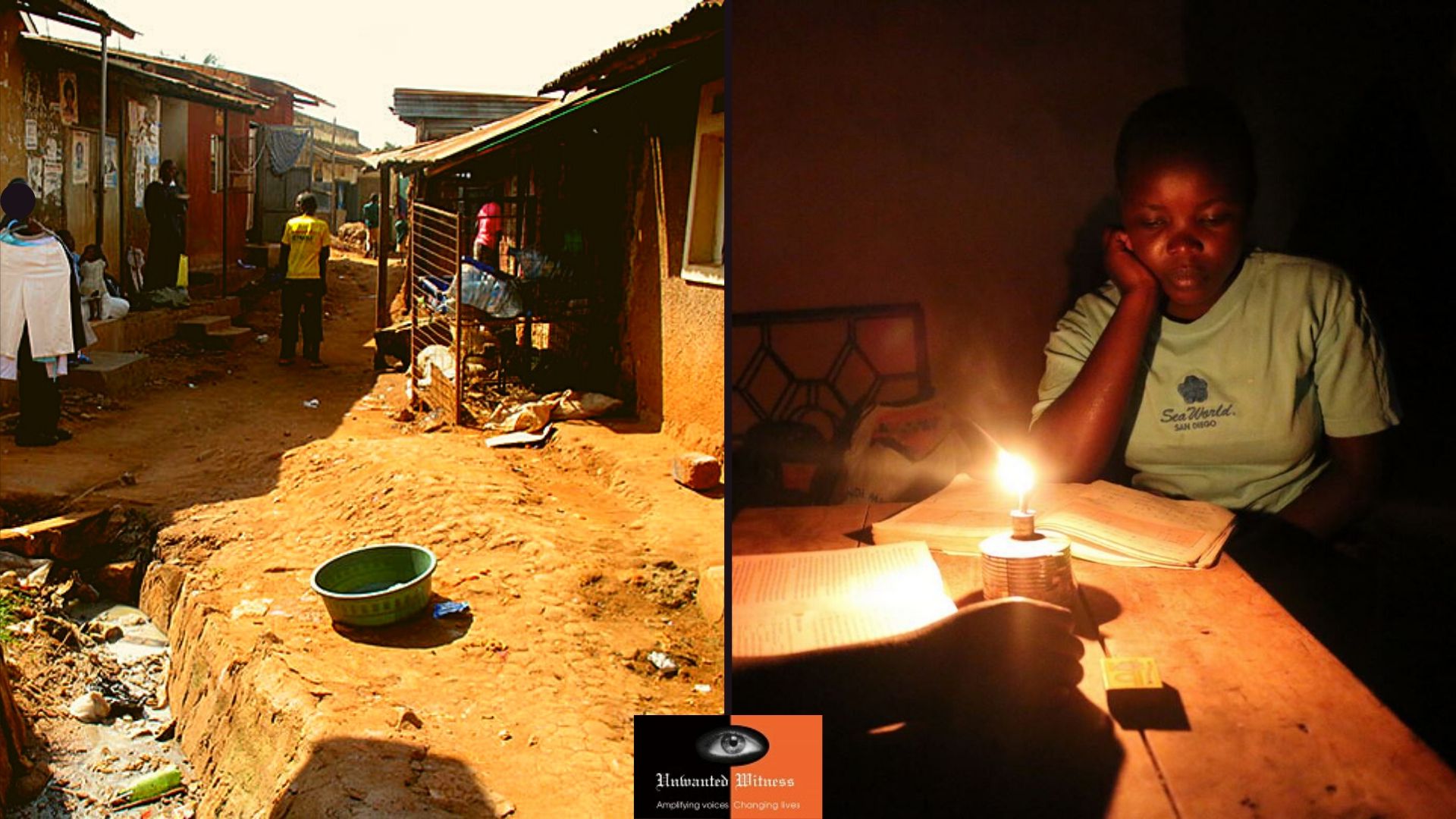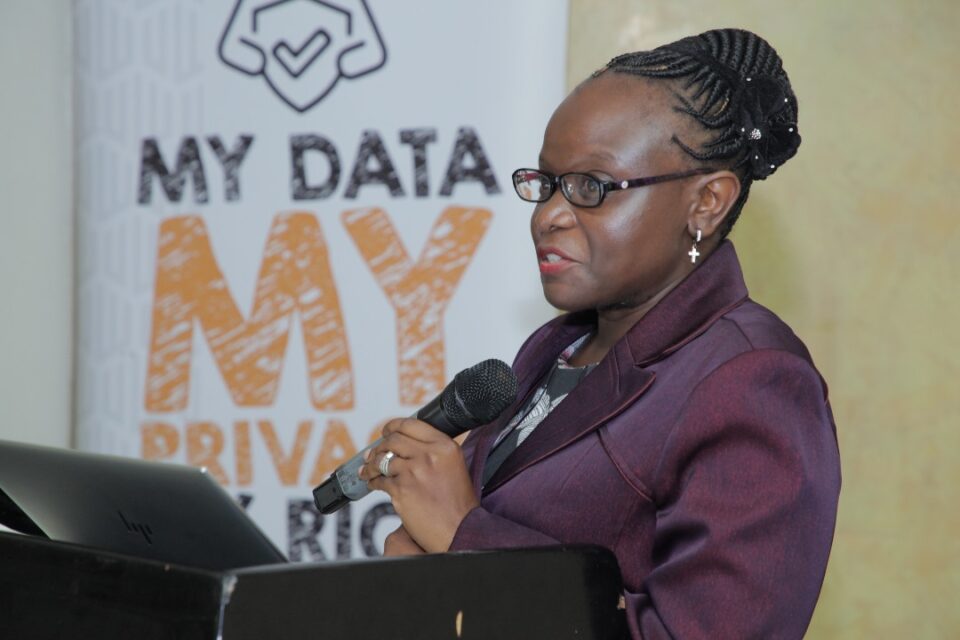COVID 19 & Elections: Digital Political Campaigns Exclude handicapped Electorates in Uganda

By Muyomba Lawrence
In the wake to control the spread of COVID-19, the Electoral Commission (EC) issued a revised road map to the 2021 elections banning physical mass campaigns shifting them to media and online spaces ignoring the unprecedented and unforeseen challenges.
Of 45,741,007 million people in Uganda, 74.3% live in rural areas constituting a big proportion of 17,782,594 registered voters, but of these, how many can be able to reliably own and use a smart mobile phone or computer to engage their desired candidates online? Questions like these send an alarm on the worsening digital divide realities exposed by the COVID-19 outbreak and preceding control measures.
The Government of Uganda allocated only 162.9 billion shillings to the ministry of the ICT in 2020/2021 financial year, this appropriation can hardly provide a quick fix to the technological gaps. Without a stimulus package to facilitate the online electoral processes, the rural folks and the urban poor are bound to be excluded from full civic and democratic participation in choosing their leaders.
The insufficient financing and regulation of the ICT infrastructure by the government has led to the emergency of duopolies in the telecom sector rising from the variations in capital investments that create uneven levels of market concentration and penetrations. Monopolies limit the trickle-down effect of high-quality internet infrastructure technologies to rural areas because investments are done in urban areas marked by a wider market base and a high-profit maximization margin.
The United Nations ranks Uganda as one of the countries that possess the lowest indicators of socioeconomic and human development indexes with a huge rural-urban gap in Internet use approximating to 9% and 30% of the rural and urban population respectively. The wide discrepancies manifest high section of the population who do not use the Internet due to the absence of Internet-enabled devices like smartphones, computers, smart TVs and iPads
Although the Ministry of ICT and National guidance indicates that the Internet users increased from 7.5 million in 2016 to 16.9 million in 2020, there exists a poor correlation with internet penetration (37.9 %) raising questions about: How many Ugandans from the rural areas can reliably and consistently access the Internet? How many Ugandans either from the rural or urban areas can buy data bundles amidst the increased cost of living because of the COVID-19 pandemic? What are the digital literacy levels for Ugandans to engage online in a safe, secure and open manner?
The Electoral Commission decision on scientific elections and campaigns cause a life-changing impact on Ugandans that goes beyond electing their leaders but risking their personal data and privacy rights because digitized campaigns expose the voters to data capitalism, disinformation and political advertising combined with key structural dysfunctions/realities explained below that need to be carefully studied by the EC if it is to hold a free and fair election:
The undercapitalization of the National BroadBand policy, embedded within the National backbone infrastructure leaves out many rural areas unconnected because the feasible connections are routed through urban areas and major towns of Uganda i.e.: Kampala-Gulu, Kampala to Busia, Kampala to Mbarara, Mpigi, Entebbe, Kabale etc. Without full broadband coverage, the online campaigns will be limited in outreach to people in rural areas whose democratic situation darkens further with the absence of radios or television sets in their households.
Social media taxofUgx200 (USD 0.05) per day to access social media platforms introduced by the Uganda government shrinks the online space because it has a bigger effect on the rural poor incomes in a country where the poverty levels are stagnant. This tax impacts negatively on Internet service providers’ revenues and profitability affecting their ability to reinvest in ICT infrastructure expansion to rural areas.
The rural-urban electrification gaps will affect the proposed online/media campaign programs in rural areas most households live without electricity disabling factor for the rural electorates to fully listen to their leaders’ manifestos and ideas. Even the 28% of Uganda’s population having access to electricity, blackouts and load shedding are bound to limit viewership potentials
In fixing the rural-urban digital divide, solutions have to fall within a broader national and institutional agenda based on short term and long term policy framework reforms.
Short-term:
The Ministry of Finance and Economic planning has to temporarily suspend social media tax, taxes on solar products and smart mobile phones to increase on the affordability and uptake of Internet-enabled devices within the rural populations ensuring constant power supply to households.
The Electoral Commission has to carry out mass sensitization campaigns to the wider populations about digital security and data protection rights of data subjects with a strong emphasis on data sharing, collection and processing.
Uganda Communications Commission has to monitor and curtail telecommunication companies from indulging in data mining destined for targeted messaging and political advertising but rather harmonize with the Internet Service providers (ISPs) to reduce on the data bundle prices.
There is a need to review the functioning of the Rural Communications Development Fund (RCDF) by incorporating policies that seek to address the ICT infrastructure challenges in rural areas brought at the forefront by COVID-19 pandemic. Through the fund, free public-Wi-Fi and hotspots can be installed in public spaces and buildings to ensure open access to the Internet.
Long-term
Under section 5(1)(y), of the Uganda Communications Act 2013, which encourages infrastructure sharing among the operators has to be re-energized laying clear paths on how to share broadband utility poles and conduits reducing on start-up costs for new companies since broadband deployment at times is costly.
The Ministry of Finance and Economic planning has to increase the budget allocations to the Ministry of ICT and National guidance to expedite the expansion of the optic fiber to close the broadband gaps. The investment in ICT sets a precedence of transforming the rural sector to e-agriculture, medical access, education and other services that have a high impact on increasing the country’s GDP.
Opening our eyes to realities, the ban on the offline or physical campaigns will infringe on inclusion, participation and democracy rights of Ugandans. The wide technological gap that exists between rural-urban communities creates unfair playgrounds to hold campaigns. The EC needs to first assess the baseline situation before making the scientific online campaigning and elections mandatory.




